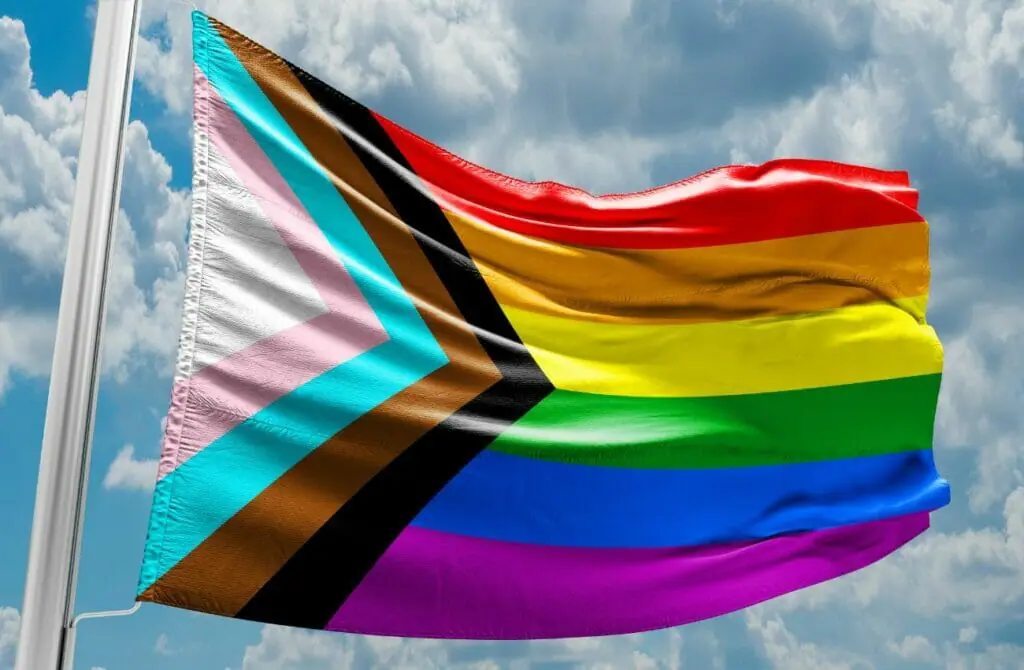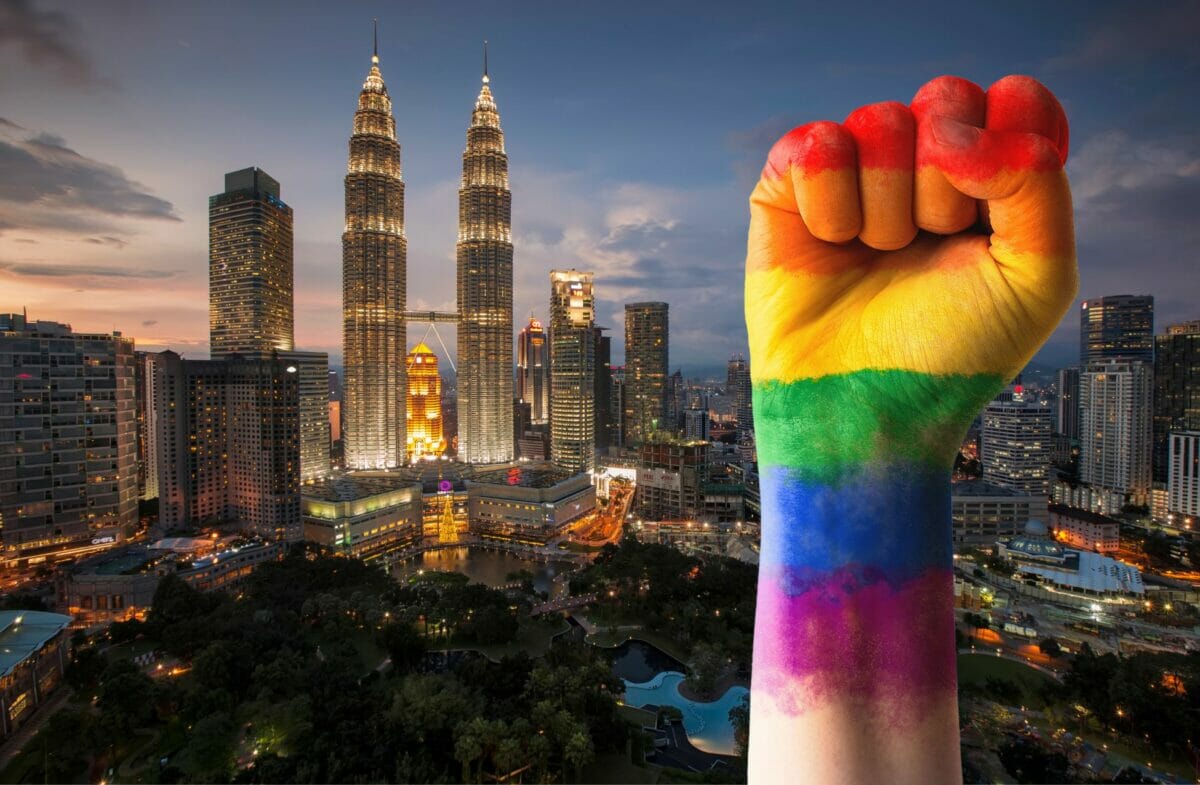LGBT rights in Malaysia face considerable challenges, as both the local population and tourists can be affected by the country’s strict laws and social prejudices.
Lesbian, gay, bisexual, and transgender individuals residing in Malaysia often experience issues not encountered by non-LGBT residents. In fact, sodomy is a crime in the country, and enforcement of these laws can be harsh.
Transgender rights also remain limited, with legal gender changes requiring surgery and no legal recognition for non-binary genders. Moreover, there are no national organizations working explicitly for LGBT rights in Malaysia; however, a coalition of NGOs organizes an annual sexuality rights festival called Seksualiti Merdeka.
For those planning to visit Malaysia, it is crucial to be aware that the country’s stance on LGBT rights is conservative and that situations can change rapidly. As such, it is essential to seek current advice before traveling and remain aware of the local laws to ensure a safe trip. While visiting Malaysia, LGBT travelers must remain vigilant, as there may be instances of individuals with malicious intentions acting against those perceived to be part of the community.
It is worth noting the presence of Malaysian advocacy groups striving toward improved LGBT rights within the country. Despite facing strong government resistance, these organizations continue to campaign through various means like letter-writing and participating in the Seksualiti Merdeka festival. By being informed about the situation and acting cautiously, both residents and tourists can help build more inclusive environments and support the ongoing fight for LGBT rights in Malaysia.
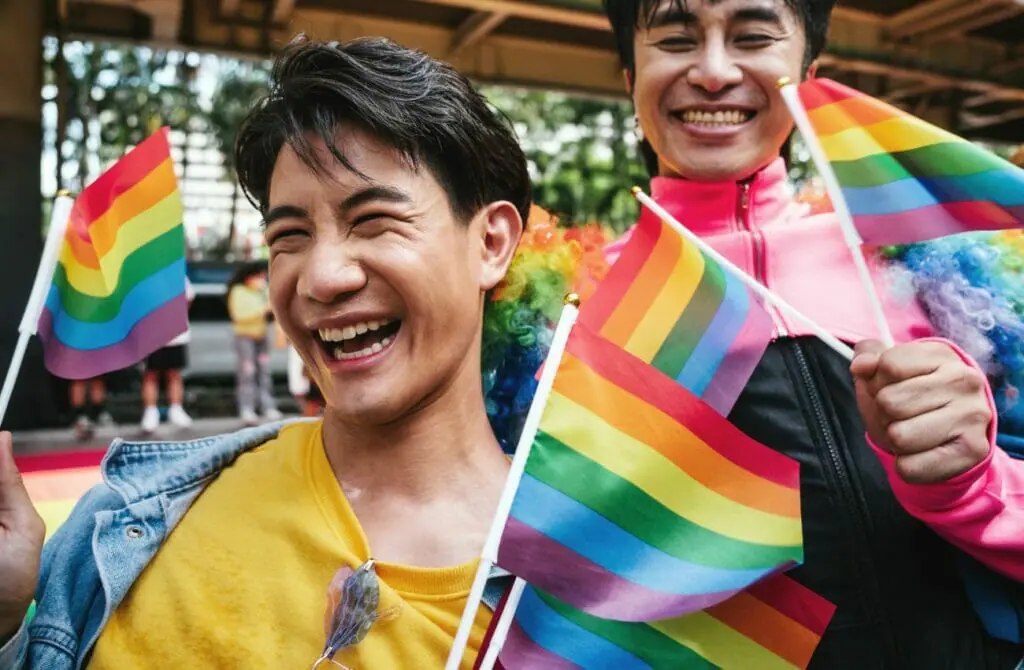

History Of LGBT Rights In Malaysia
The history of LGBT rights in Malaysia has been a challenging one. Malaysia inherited its criminal ban on sodomy, which includes oral sex involving the penis, from British colonial rule in 1871. This ban applied to both heterosexual and homosexual acts and was punishable by fines, caning, or prison sentences of up to twenty years.
Over the years, attempts have been made to challenge these laws, such as the recent Federal Court ruling on February 25, which declared a state law punishing “unnatural sex” as unconstitutional. However, discrimination, persecution, and a lack of legal protections for LGBT individuals continue to persist in Malaysian society.
Despite the state-enforced censorship of homosexual themes, the presence of gay characters has been documented in local theaters and some films. Nonetheless, these instances were often met with controversy, and minimal representation is seen in the mainstream media industry. LGBT individuals continue to face discrimination in various aspects of their lives, such as in employment and housing, without any legal protections in place.
Human Rights Watch has raised concerns about the treatment of LGBT people in Malaysia, including the prevalence of conversion therapy and state-backed discrimination. Non-governmental organizations and advocacy groups, such as Seksualiti Merdeka and the Pelangi Campaign, are working to promote greater awareness and acceptance of LGBT rights in the country.
Tourists visiting Kuala Lumpur, Langkawi, Penang, or further in Malaysia should be aware that while attitudes towards LGBT rights might be slowly evolving, the country’s legal framework remains restrictive and discriminatory. LGBT individuals should remain vigilant and exercise caution, as the situation may change quickly, and information can become outdated. It is essential to seek current advice from reliable sources before traveling and be mindful that different regions within Malaysia may have their own local laws and attitudes.
In conclusion, the history of LGBT rights in Malaysia has been fraught with challenges, and progress has been slow. However, advocacy groups and recent legal victories offer some hope for change, and by staying informed and cautious, LGBT individuals can navigate their way through the country’s complex legal and social landscape.
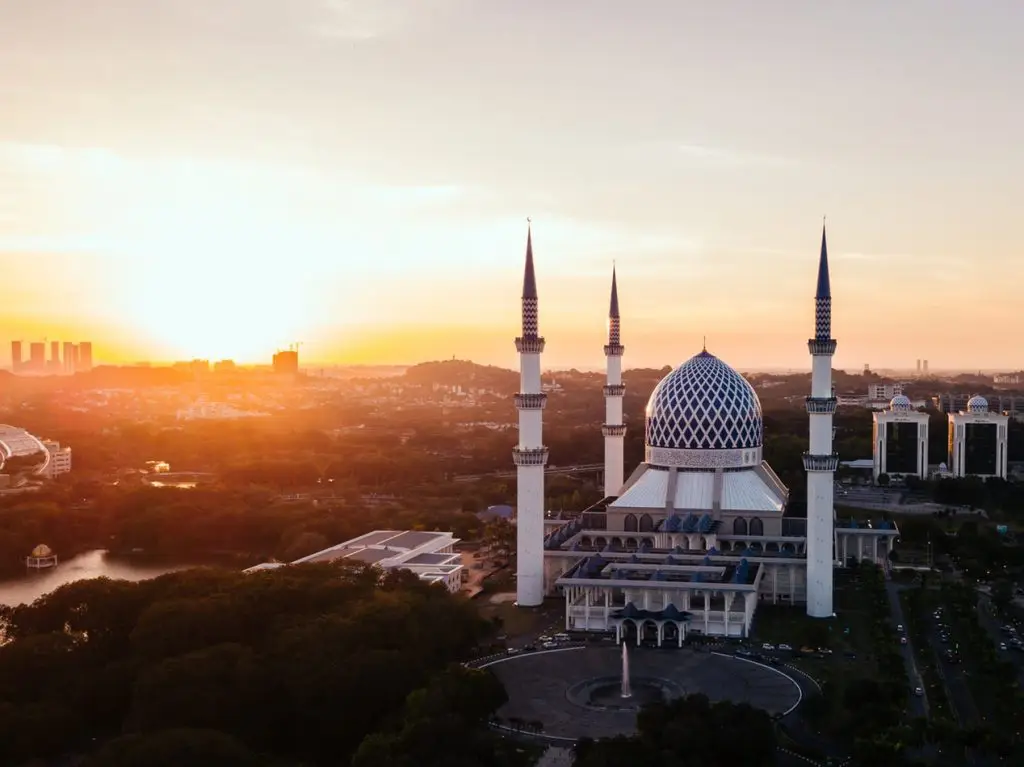
The LGBT Legal Situation In Malaysia
LGBT rights in Malaysia are a complex subject, as the legal landscape involves a mix of federal, state, and Sharia law. Same-sex relations are criminalized under Section 377 of Malaysia’s federal penal code. This law imposes penalties that include fines, imprisonment, and even corporal punishment.
Additionally, transgender individuals face legal challenges resulting from Sharia law, which varies between states in Malaysia and can include fines, imprisonment, and corporal punishment for those who dress or behave in a manner considered to be inconsistent with their assigned gender at birth.
It is important to note that both locals and tourists can be affected by these legal restrictions. Given this reality, international travelers should always seek current advice before visiting Malaysia and remain vigilant during their stay. Situations can change fast, and information provided here or elsewhere may be out of date; always seek current advice from trusted sources.
Currently, there are no anti-discrimination laws in Malaysia that specifically protect the LGBT community. However, there have been some instances of positive change regarding legal rights for sexual minorities. For example, in 2020, Malaysia’s Federal Court ruled that a state law banning consensual same-sex conduct was unconstitutional. This ruling, however, did not negate the federal statute criminalizing same-sex activity, as it only applied to that specific state law.
To improve the situation for LGBT people in Malaysia, human rights organizations and local advocacy groups have called for the government to take steps such as prohibiting discrimination based on sexual orientation and gender identity and allowing transgender people to legally change their gender markers on official documents. So far, the Malaysian government has not adopted these recommendations but continued pressure from activists and international organizations may lead to change in the future.
For those traveling to Malaysia, consider reaching out to local LGBT networks and advocacy groups for support and information on the rights and protections available to sexual minorities in the country. These organizations can assist in navigating a complex legal landscape and provide valuable advice on staying safe and respecting local sensitivities.
Remember to stay vigilant and informed, as the situation for LGBT rights in Malaysia can change, and there is a possibility of actions taken by individuals against sexual minorities in any location.
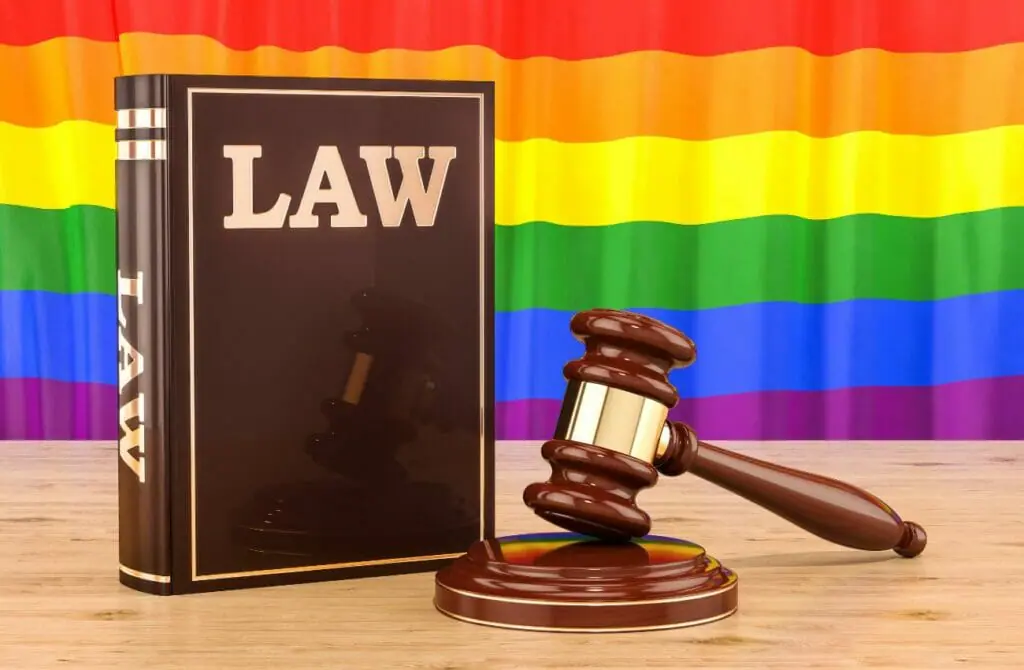

The LGBT Social Situation In Malaysia
In Malaysia, the social situation for LGBT individuals has long been challenging. Discrimination and fear pervade various aspects of life, leading to a sense of insecurity and marginalization in the community. Online and offline bullying can be a common occurrence, with social media serving as a platform for fostering prejudiced views and harassment.
Public opinion in Malaysia tends to lean more towards conservative beliefs, often fueled by religious and cultural factors. As such, many local LGBT members experience a lack of acceptance and understanding from their communities. The Home Ministry has not provided adequate measures to protect their rights, which contributes to the negative perception of LGBT individuals in the country.
For tourists, the situation can occasionally be different. While discretion is often advised, foreigners are typically not targeted to the same extent as local residents. However, it is crucial to remember that the social climate can change rapidly, and bad actors might still target visitors. It is always necessary to remain vigilant, be cautious, and seek up-to-date information on the current situation.
A number of LGBT advocacy groups operate within Malaysia to challenge the status quo and campaign for change. Supporting and connecting with these organizations can provide valuable insights into the issues faced by the community. Additionally, they can offer resources for those within the LGBT community who are struggling and need assistance.
In conclusion, the social situation in Malaysia for LGBT individuals can be difficult. Discrimination, fear, and bullying persist in many aspects of society, and attitudes are often influenced by conservative public opinion. While tourists may face slightly different circumstances, vigilance and caution should always be exercised. Engaging with and supporting local advocacy groups can contribute to a more informed perspective and ongoing dialogue for change.
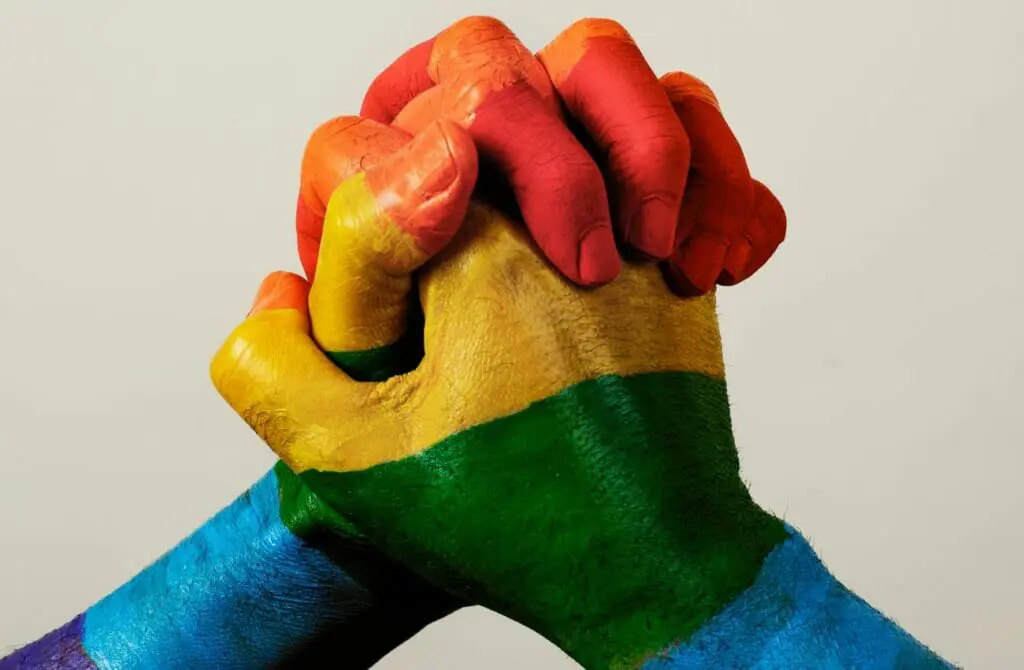
Trans Rights In Malaysia
In Malaysia, transgender rights are limited and face significant challenges. The country’s legal system does not fully acknowledge or protect their gender identity, and discrimination against transgender individuals is widespread, both in local communities and at institutional levels.
Transgender people often find themselves marginalized in society and face difficulties in accessing healthcare, education, and employment. Moreover, they are vulnerable to violence and harassment, as hostile government rhetoric contributes to mistreatment by law enforcement authorities and the general public.
The situation for local transgender people is different from that of tourists, but caution and vigilance are still advised for any visitors who identify as transgender or gender diverse. It is essential to remain up-to-date with current local advice, as the situation for LGBT rights in Malaysia can change rapidly.
To better protect and support transgender individuals in Malaysia, several steps could be taken by the government. A comprehensive legal gender recognition policy that allows people to change their gender markers on identity documents recognizing male, female, or third gender options, could be a significant advancement. The introduction of anti-discrimination laws based on sexual orientation and gender identity would also provide crucial protection for transgender people.
In Malaysia, there are organizations such as the trans rights group Justice for Sisters and other LGBT advocacy groups that work towards improving the lives of transgender people in the country. By supporting and engaging with these organizations, individuals can contribute to the continued struggle for transgender rights and protections in Malaysia.
In conclusion, while gender diversity and the rights of transgender people in Malaysia are currently limited, there is hope and ongoing work by activists and advocacy groups to improve this situation. Those traveling to Malaysia should stay informed and exercise caution to navigate and support the ongoing struggle for trans rights and acceptance.
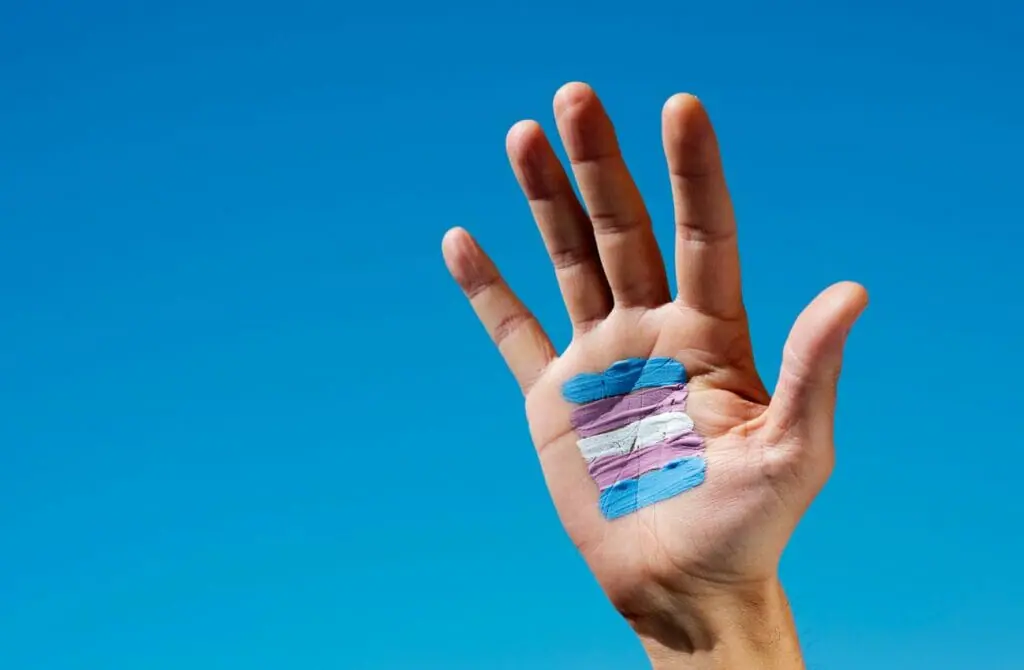

The Future For The Queer Community In Malaysia
The future of LGBT rights in Malaysia remains uncertain, particularly due to the strong influence of Islam in the country. This has led to the enforcement of strict religious rules and anti-LGBT rhetoric in both legal and societal contexts. However, there have been some positive developments in recent years, signaling potential progress in the fight for equality.
In February 2021, Malaysia’s Federal Court ruled a state law that allows punishment for “unnatural sex” (including consensual same-sex conduct) as unconstitutional. This decision marked a significant step forward for the LGBTQ+ community in the country. Although the ruling did not explicitly provide full protection and equality for all LGBTQ+ individuals, it showcased an evolving conversation and approach towards these rights.
High-profile figures such as Nisha Ayub, a transgender activist, have been effective in raising awareness for the LGBTQ+ community in Malaysia, which could lead to more significant support and understanding for the cause. The advocacy for freedom of expression for the LGBTQ+ community is crucial in empowering people to share their stories and access information on their rights.
It is important to remain vigilant and informed about the current state of LGBT rights in Malaysia, especially as a tourist or traveler, as the situation can change rapidly, and information may become outdated. If necessary, seek advice from trustworthy sources, such as local LGBT advocacy groups, before traveling or engaging in activities in Malaysia.
As the Malaysian LGBT community pushes for better protection against discrimination, bullying, and abuse, future progress will depend on awareness, understanding, and advocacy both within the country and from international pressures. The path toward full equality may be long and challenging, but persistence and solidarity among the LGBTQ+ community and their allies can eventually lead to a more inclusive and welcoming society in Malaysia.
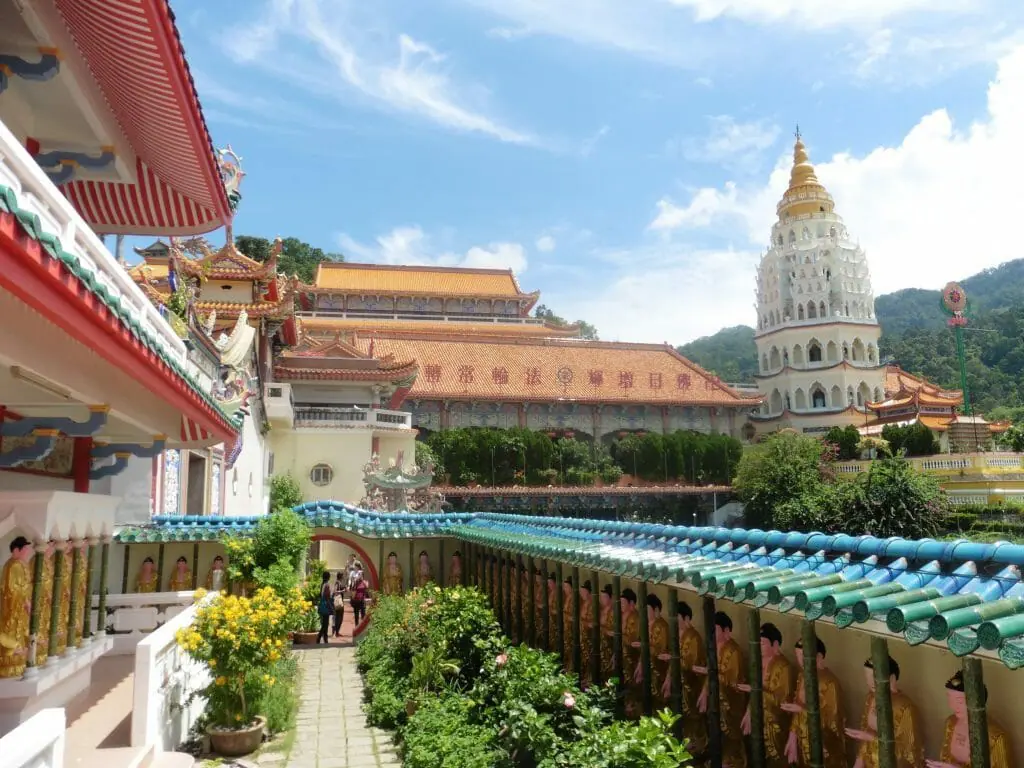
Protect Yourself While Travelling In Gay Malaysia
In Malaysia, LGBT rights are limited, and this reality impacts both locals and tourists alike. It is essential for individuals belonging to the LGBT community to be cautious and vigilant in order to ensure their safety while in the country.
When it comes to police interactions, awareness of the local laws is crucial. Homosexuality is illegal in Malaysia, and there is no legal protection against discrimination based on sexual orientation or gender identity. In some cases, police may use their authority to harass, extort, or otherwise target LGBT individuals. To avoid encountering unnecessary trouble with the authorities, it is advisable to be discreet about one’s sexual orientation or gender identity.
Violence and assault against members of the LGBT community can also be a concern, and instances of violence may not be investigated as thoroughly as they should be due to existing prejudices. In order to protect oneself from the risk of assault, it is essential to remain vigilant and cautious, especially in environments or situations that may be potentially unsafe.
Despite the challenging circumstances surrounding LGBT rights in Malaysia, there are advocacy groups working to improve the situation. One such group is Seksualiti Merdeka, a coalition of NGOs that organizes an annual sexuality rights festival and engages in letter-writing and other advocacy efforts. Awareness of and involvement with these groups can provide valuable support and resources for those in need.
It is critical for LGBT individuals visiting Malaysia to understand that situations can change rapidly, and information they may have can quickly become outdated. As a result, seeking up-to-date advice before traveling is imperative for protecting oneself. In summary, maintaining a low profile, being aware of local laws, and connecting with relevant advocacy groups are recommended steps for ensuring the safety and well-being of LGBT individuals in Malaysia.
